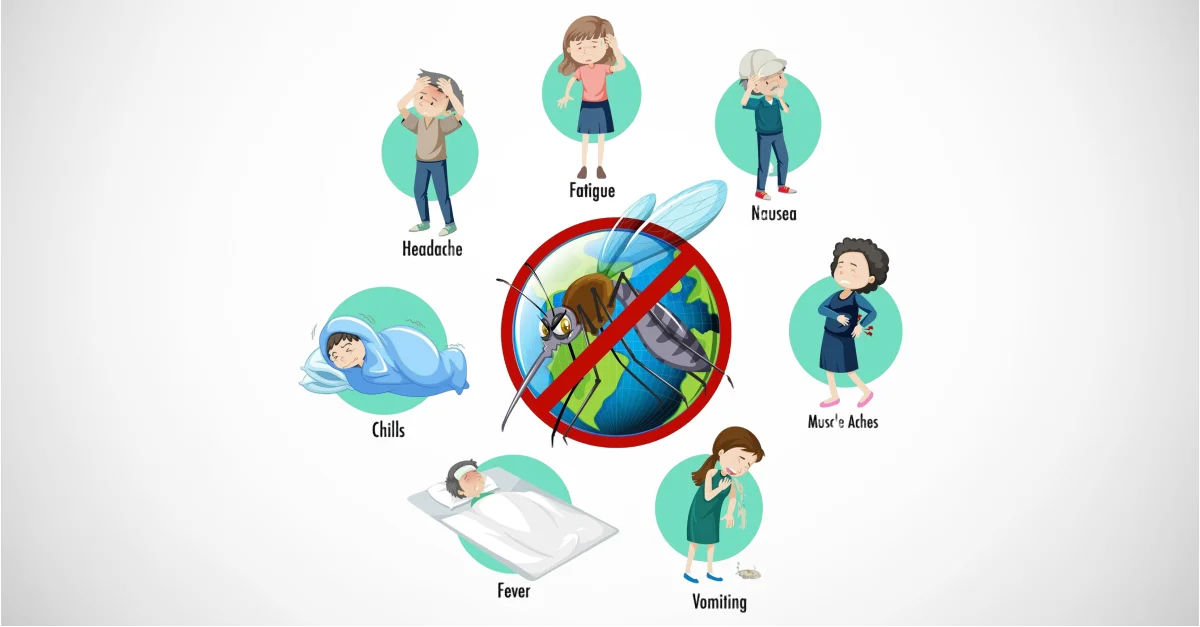Tetanus, often referred to in the popular term “lockjaw,” is a severe bacterial infection caused by Clostridium Tetani. Although it can be prevented through vaccination, tetanus continues to be an issue for health professionals across the globe particularly in areas with little access to vaccination. This blog focuses on what causes tetanus and how it is spread the disease, its symptoms, ways to prevent and treatment options.
What is Tetanus?
Tetanus is caused by bacteria Clostridium Tetani that is usually found in dust, soil and even animal waste. When the bacteria get into an area of the body via a cut they release a toxins known as tetanospasmin. The toxin impacts the nervous system, causing muscle spasms and stiffness, most commonly in the neck and jaw. If left untreated, tetanus may result in serious complications, such as respiratory failure and even death. The tetanus vaccination is extremely effective in stopping the disease. Additionally, quick treatment can ease the symptoms of an infection.
How Tetanus is Contracted
Tetanus bacteria are introduced into the body via breaks in the skin. This may occur as a result of burns, punctures, or cuts or injuries caused by objects that are contaminated. Once inside the body the bacteria increase in number and release toxins that affect the muscles that relax. This causes common muscle spasms and rigidity caused by tetanus.
Common sources of infection are:
- Rusty Nails as well as Sharp objects The most common belief is that rust causes tetanus. But it’s actually the bacteria that reside on the surface of dirty or rusty objects that may cause an infection.
- Animal Bite Animal bites especially from farm animals, could introduce tetanus-causing bacteria.
- Unhygienic Environments individuals working in the soil, particularly without gloves or shoes that are protected are at greater risk of being exposed.
Although tetanus isn’t contagious and can not be passed from individual to another It is important to know the potential sources and to take precautions particularly after an injury that involves dirt, soil or waste from animals.
Symptoms of Tetanus
The symptoms of Tetanus typically begin in the first few days to several weeks following infection. The initial symptoms tend to be minimal and could include:
- Jaw Stiffness The first signs is the inability to open the mouth, leading to the name “lockjaw.”
- Abdominal and Neck Muscle Stiffness Muscle spasms and tightness in the neck and stomach region are often uncomfortable.
- difficulty swallowing as the condition gets worse, swallowing becomes difficult.
- The Involuntary Muscle Spasms They can affect different muscles throughout the body, causing extreme pain.
- rapid heart rate Patients could notice an increase in heart rate and sweating in response against the infection.
If not treated Tetanus can lead to complications like fractures, respiratory failures, severe muscle spasms, as well as death. The prompt diagnosis and treatment is crucial.
The Importance of Tetanus Prevention
Vaccination is the most efficient method to prevent Tetanus. Tetanus vaccines are typically used as part of combination vaccinations like the DTaP, which can also guard against pertussis and diphtheria. Here’s what you should be aware of about tetanus vaccination
- Primary vaccination: Children and infants children are typically given an assortment of tetanus shots beginning at 2 months age. Boost shots are being administered throughout the course of childhood.
- booster shots: Following an initial shot, a booster shot of tetanus is advised each 10 years. If there is a deep or filthy wound, a booster could be suggested if the previous shot was longer than five years old.
- Pregnancy and vaccination: Women who are expecting are advised to get an tetanus booster, in case they haven’t received recently to safeguard themselves as well as their infants.
How to Protect Against Tetanus
In addition to the vaccination The following measures can aid in reducing the chance of contracting tetanus:
- Prompt Wound Treatment Cleansing wounds thoroughly and putting them in sterilized bandages can reduce the chance of contracting an infection.
- Personal Safety Gear The use of gloves and sturdy footwear especially when working with animal or soil waste, can reduce injuries and expose.
- Seek medical attention after any wound or puncture that is deep you may want to consult with a doctor regarding the need for a booster shot of tetanus.
Treatment Options for Tetanus
If you notice symptoms of tetanus immediately, medical intervention is required. Treatment options include:
- Antitoxins The tetanus-immune globulin (TIG) neutralizes the toxin made by bacteria, thus preventing further harm.
- Antibiotics The medicines like penicillin and metronidazole can destroy bacteria, and decrease production of toxin.
- Massage Relaxants They help ease spasms and stiff muscles as well as pain relief.
- The use of sedatives as well as mechanical ventilation In severe cases, patients may require sedatives or even mechanical ventilation to assist the patient breathe.
The majority of cases of tetanus require hospitalization for ongoing monitoring and treatment in order to avoid complications. Patients are able to recover with the right treatment, but recovery can take months or even weeks in the most severe cases.
The Global Picture and Ongoing Efforts
Tetanus-related cases are not common in countries that have regular vaccination programs, however it is still a problem in those areas where vaccination is not as widespread. Maternal and neonatal Tetanus (MNT) has become a major issue in countries with low incomes, because the disease is fatal for infants. In the past, both World Health Organization (WHO) and UNICEF have been working to eliminate MNT through vaccination and encouraging healthy birth methods. This has led to an impressive reduction in MNT cases across the globe, however constant efforts are required to ensure the safety of vulnerable populations.
Conclusion
Tetanus, although rare among vaccination-free populations, is an extremely dangerous illness that could have serious consequences. Recognizing the cause, understanding the signs and symptoms, and keeping up with regular vaccinations are crucial to prevent tetanus-related infections. Making sure you take good care of your wounds and contacting healthcare professionals after injuries will help protect against the infection.
With the help of global vaccination campaigns and increasing awareness, the prevalence of tetanus has been reduced significantly However, staying aware and vigilant is crucial to ensure that tetanus-related cases are kept at low levels. Keep in mind that vaccination is the most effective protection against tetanus. Don’t allow your guard to fall down.






